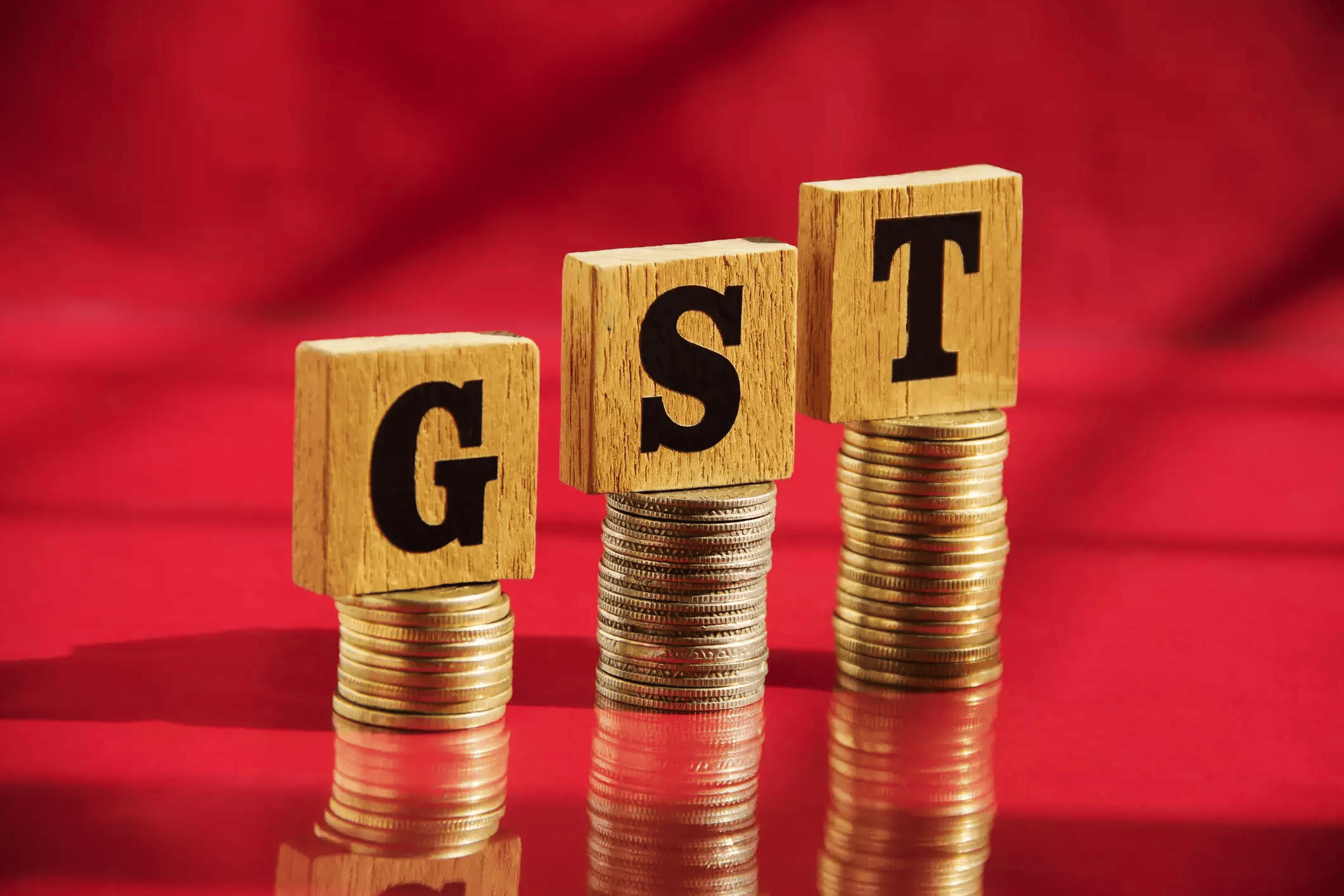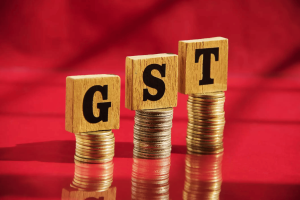GST has combined many taxes into a single tax. GST on real estate has significantly increased transparency and accountability in property transactions. Read more about GST in real estate.
About GST on Real Estate
Buyers of real estate properties must pay a variety of taxes, including GST. The GST rate on real estate was implemented on July 1, 2017, and many changes have occurred since then.
The previous tax regime required the buyer to pay service tax, VAT, stamp duty, and registration charges when purchasing an under-construction regime. After completion, property purchases were exempt from service tax and VAT. A buyer only had to pay stamp duty and registration fees for an entire property.
The real estate industry contributes approximately 7.8% to India’s GDP. The real estate sector is the second largest employer (after the information technology industry). The implementation of this new GST on real estate will mitigate the industry’s current challenges.
It will help the industry recover from the turmoil it has been experiencing for quite some time. In this article, we will focus on the various aspects and effects of GST on real estate.
What impact does GST have on real estate buyers?
Previously, when purchasing a property under construction, a buyer was required to pay service tax, VAT, stamp duty, and registration charges. Additionally, property prices vary by state.
Stamp duty and registration fees have also been levied by the state since the implementation of VAT. Furthermore, the buyers were required to pay additional duties such as CST (sales tax), customs duty, and OCTROI, for which no credit is available.
Following the implementation of the GST rate on real estate, all under-construction properties are subject to a single 12% tax rate. On the other hand, under the previous law, there is no GST on completed properties. It resulted in buyers benefiting more from lower GST rates on real estate.
The GST for affordable housing is 1%. The GST on non-affordable real estate is 5%. GST on the sale of commercial property is 12%. The GST on an under-construction property is 12%. Fully constructed properties are exempt from GST.
How has GST impacted builders/contractors/real estate developers?
Under the previous tax regime, a contractor or developer was required to pay various charges such as VAT, Excise duty, Customs duty, and Entry taxes for inputs/raw materials. They must also pay service taxes on a variety of input services, including professional architect fees, approval charges, labor charges, and legal fees. Because ITC did not apply to Customs duty, CST, or Entry Tax, it was likely to be a burden on the buyer by affecting pricing.
Many other real estate-related services are also affected by the Goods and Services Tax’s decrease or increase.
Impact of the Reverse Charge Mechanism (RCM)
In general, RCM is related to Service Tax law. With GSP, the scope of RCM has increased significantly. A few such instances are listed below: To begin, if the procurement of goods is complete or relevant services are received from someone who is not a registered GST figure, a registered GST figure must make the necessary GST payments to remain compliant.
If services are provided by a goods transporter, a legal firm of individual contributors, or any government or local body, the developer will be responsible for paying GST on real estate. These instances may result in increased costs and have a negative impact on developers, specifically small-scale developers.
GST on Commercial Properties
Tenants of leased commercial properties will be required to pay an 18% tax beginning in October 2024 if the owner is not registered for GST. In such cases, the Reverse Charge Mechanism (RCM) would take effect, forcing tenants to bear the cost. Tenants who do not fall under the composition scheme, on the other hand, are eligible to claim input tax credit.
Insight into Input Tax Credit (ITC) Eligibility Factors
There are a few requirements to claim ITC. Here are the following-
A tax invoice or debit note must be in possession.
The goods or services have been received (whichever applies).
The supplier must pay the government the applicable tax on these supplies.
A valid return has been furnished.
The goods and services may not be used for personal purposes.
One important point to note in this context is that the Input Tax Credit does not apply to supplies received for the construction (including any type of reconstruction, renovation, additions, alterations, or repairs) of any immovable property on any personal account, with the exception of any plant or machinery. For example, changing the interiors of a service flat could be considered a cost, and the ITC may not apply.
Impact of GST on Real Estate and Construction Materials
With GST in place, several other taxes, including VAT, Service Tax, Excise Duty, and Entry Tax, will be null and void. As a result, the overall administrative costs for developers would be significantly reduced. One important point to consider in this context is the application of stamp duty to the sale of flats and other relevant units.
Construction materials such as cement, wallpaper, paints and varnishes, putty, wall fittings, plaster, ceramic tiles, sand lime, and fly ash bricks will be subject to GST rates of 18 to 28%. Important materials for luxury and commercial projects such as monuments, stones, glass, aluminum, ceramic, lamps, and fittings will also be available in the same category. If the input set-off is not used properly, this could result in an increase in costs.
Issues concerning ongoing projects.
There are issues with transition provisions in relation to ongoing projects. It is possible that the full amount of VAT has already been paid, but only a portion of the Service Tax remains due. As a result, there may be a question about the proportion of GST that must be paid in this scenario. Section 42(11) of the CGST/SGST Act will help in such cases.
Transfer Process of Development Rights/FSI
Builders who use FSIs/TDRs have rights to land. According to Schedule III of the CGST/SGST Act, all immovable properties are not exempt from GST, with the exception of land sales. As a result, such transactions to sell FSIs/TDRs may fall under the GST Scope. However, FSIs/TDRs may be considered a part of the land and thus excluded from GST coverage. However, these things must be considered on a case-by-case basis. Furthermore, there are important aspects to consider, such as intellectual property rights, stock transfer issues, barter transactions, anti-profiteering, etc. In this regard, the CGST/SGST Act provides specific clarity.
Conclusion to GST on Real Estate
So, after reviewing all of the facts, you should have a good understanding of the GST on real estate. GST is a single rate of 5% that applies to under-construction properties, but there is no GST on completed and ready-to-sale properties. In summary, the impact of GST on real estate will be very similar to what we saw with the previous taxation system. However, the introduction of GST will increase transparency and accountability in the system. More importantly, buyers will benefit from many subsumed taxes through GST.
















